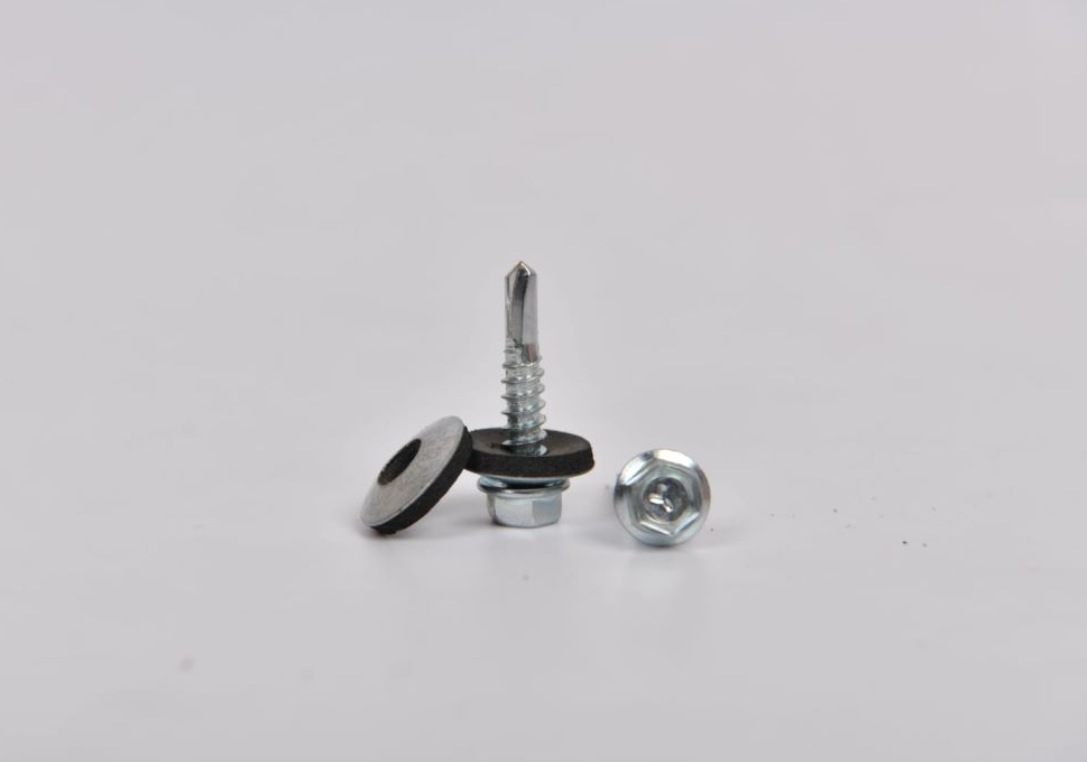concave spring washer manufacturer
The Importance of Concave Spring Washers A Comprehensive Guide to Their Manufacturing and Applications
Concave spring washers, also known as cupped spring washers, are essential components in a variety of mechanical assemblies. Their unique design provides a way to ensure consistent pressure, maintain tight connections, and absorb shock loads. Manufacturers specializing in concave spring washers play a crucial role in a wide range of industries, from automotive to aerospace, by supplying components that enhance the performance and longevity of machinery.
Understanding Concave Spring Washers
Concave spring washers are characterized by their curved shape, which allows them to exert a higher force than flat washers when compressed. This design is particularly valuable in applications where vibration, thermal expansion, or other dynamic forces can cause fasteners to loosen. The curvature of the washer allows it to return to its original shape after compression, thereby maintaining a uniform clamping force.
The production of these specialized washers typically begins with the selection of appropriate materials, which can range from spring steel to stainless steel, depending on the application requirements. The choice of material affects not only the washer's performance but also its resistance to corrosion and fatigue—critical factors in harsh environments.
Manufacturing Process
The manufacturing of concave spring washers involves several key steps
1. Material Preparation Quality raw materials are sourced, often in the form of coils or sheets of metal. The choice of material will depend on the desired properties of the finished product.
2. Blanking The first manufacturing step involves cutting the raw material into circular blanks. This process requires precision to ensure that the diameter and thickness of each blank meet the specifications for the final product.
3. Forming The blanks are then subjected to a forming process where they are shaped into their characteristic concave profile. This can be achieved through various methods, including stamping or forging, depending on the production scale and design specifications.
4. Heat Treatment For many applications, heat treatment is crucial. This process enhances the mechanical properties of the material, improving hardness and elasticity. Depending on the material, heat treatment can involve processes like quenching and tempering.
concave spring washer manufacturer

5. Surface Treatment After forming and heat treating, the washers may undergo surface treatments to enhance their corrosion resistance. Options include galvanizing, electroplating, or coating with specialized paints, depending on the environmental conditions they will face.
6. Quality Control A rigorous quality control process ensures that each washer meets the required tolerances and standards. This typically includes dimensional checks, material tests, and inspections to confirm that there are no defects.
Applications of Concave Spring Washers
Concave spring washers are utilized in a wide array of applications due to their effectiveness in providing tension and vibration resistance. Common uses include
- Automotive Industry These washers are often found in engines and suspension systems, where they help maintain the integrity of fasteners under high stress and vibration.
- Construction Machinery In heavy machinery, concave spring washers keep components tightly secured, preventing loosening due to impact or movement.
- Aerospace The high reliability required in aviation applications makes spring washers a preferred choice for ensuring the stability of critical assemblies.
- Electronics In electronic devices, these washers can be used to secure components while allowing for thermal expansion, thus enhancing the longevity of the product.
Conclusion
The role of concave spring washers in modern engineering cannot be overstated. Their ability to provide consistent pressure, accommodate thermal changes, and absorb shocks makes them indispensable in many applications. The manufacturing process for these washers is intricate and requires precision to ensure that each product meets the stringent demands of its intended use. As industries continue to evolve and innovate, the importance of reliable and effective components like concave spring washers will remain significant. Manufacturers who prioritize quality and adaptability will ensure that they meet the needs of tomorrow’s engineering challenges.
-
Top Choices for Plasterboard FixingNewsDec.26,2024
-
The Versatility of Specialty WashersNewsDec.26,2024
-
Secure Your ProjectsNewsDec.26,2024
-
Essential Screws for Chipboard Flooring ProjectsNewsDec.26,2024
-
Choosing the Right Drywall ScrewsNewsDec.26,2024
-
Black Phosphate Screws for Superior PerformanceNewsDec.26,2024
-
The Versatile Choice of Nylon Flat Washers for Your NeedsNewsDec.18,2024










